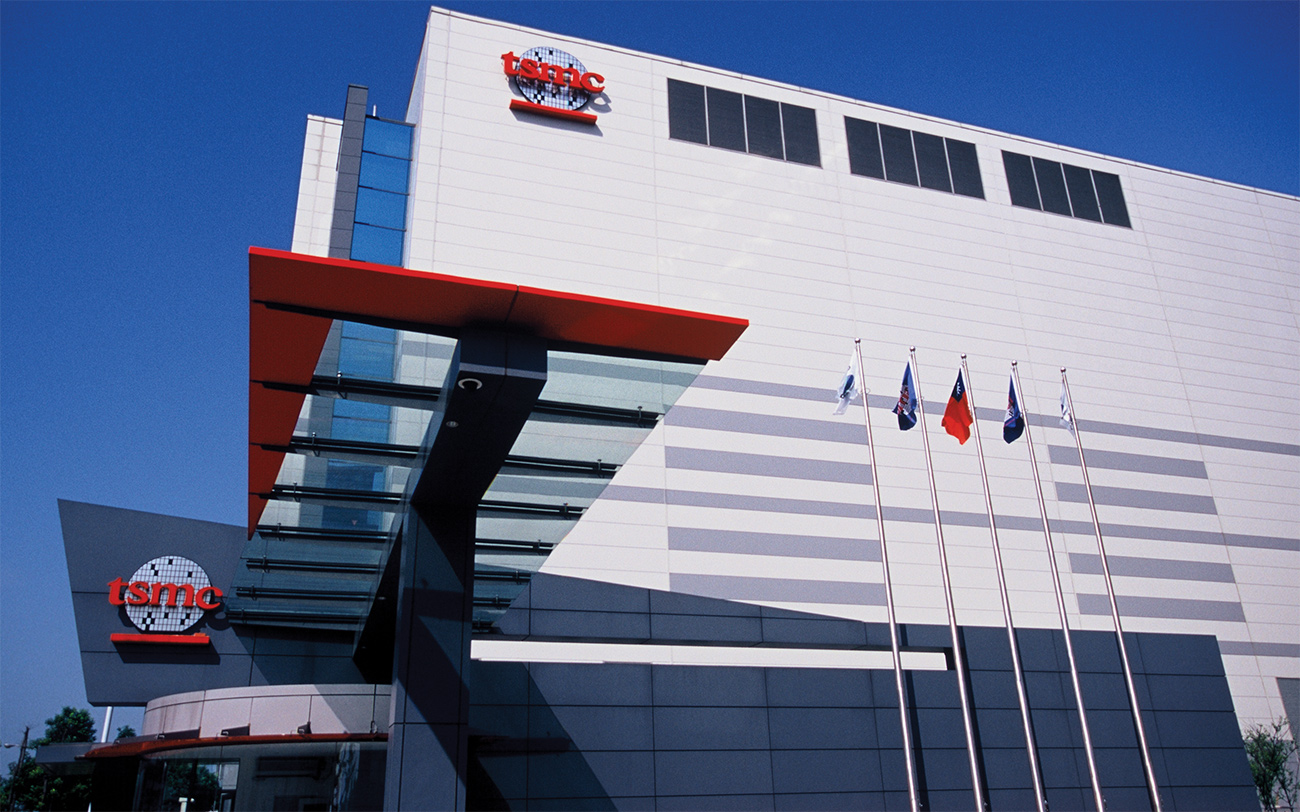
A German budget crisis threatened the federal funding of Intel's, TSMC's, and Wolfspeed's fabs as well as multiple other high-tech projects in the country. But as the year comes to an end, the coalition came to an agreement to fund building up these important facilities and this week the government formally announced that investments have been secured.
"The agreement of the 'traffic light coalition' is good for East Germany," said Michael Kellner, Parliamentary State Secretary at the Federal Ministry of Economics, reports Zeit Online (via ComputerBase). "The investments for the transformation projects are secured. With these funds, we secure our future economic power. This benefits our entire country, people like the middle class."
Previously, Chancellor Olaf Scholz (SPD), Economics Minister Robert Habeck (Greens), and Finance Minister Christian Lindner (FDP) had announced an agreement in the budget dispute, according to Zeit.
"It is an important signal that the investments for the semiconductor industry in East Germany are secured," said Carsten Schneider, the Federal Government's Commissioner for the New Federal States. "Both Intel in Magdeburg and TSMC in Dresden can rely on the Chancellor's commitments."
Germany has pledged $22 billion in incentives to chipmakers, including Intel, TSMC, and Wolfspeed, who agreed to build new fabrication plants in the country. However, the approval of Germany's 2024 Federal Budget has experienced delays due to a ruling by the Federal Constitutional Court, which ruled that the reallocation of unused funds from the Coronavirus crisis to the Climate and Transformation Fund in 2022 was unconstitutional. The German government had planned to use this fund to subsidize chip production, leading to a postponement in the finalization and approval of the budget.
This judicial decision has cast some uncertainty over the funding. Yet, both federal and regional governments remain committed to supporting the establishment of the new fabs, which is why they agreed to fund the projects.







